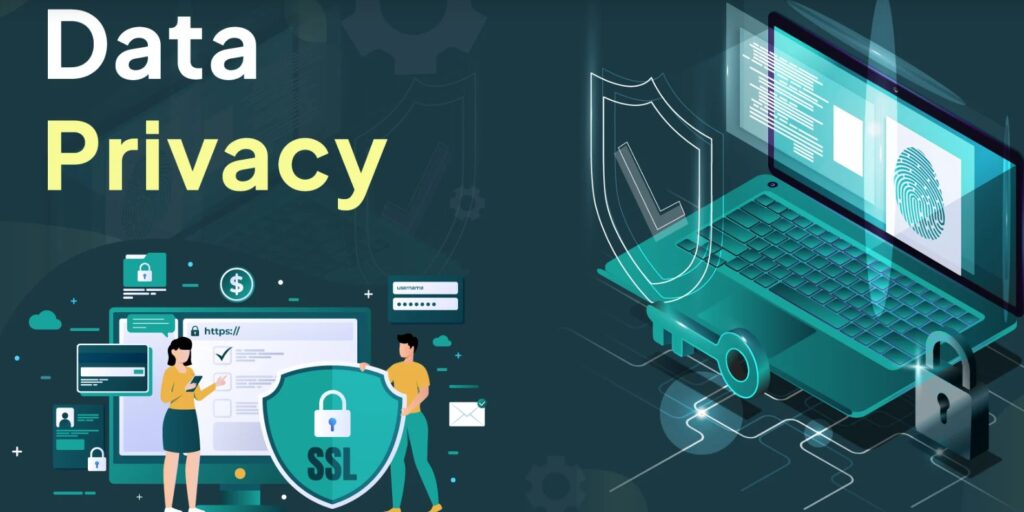In today’s digital era, the debate surrounding the right to be forgotten has intensified, forcing a re-evaluation of privacy, accountability, and free speech. The discussion is no longer just about individuals’ control over their data but also about who gets to store and manage that data—governments or private corporations, especially big tech companies.
The Right to be Forgotten: A Necessary Protection or a Corporate Overreach?
The right to be forgotten (RTBF) allows individuals to request the deletion of personal data to protect their privacy and reputation. However, this right often clashes with the public’s access to information and historical records. While governments may have a legitimate interest in holding certain data for security, legal, and administrative purposes, private entities—especially big tech companies—should not have unchecked control over individuals’ digital footprints.
Key Principles
- Balancing Interests: Courts and regulatory authorities must ensure that privacy rights are protected without giving corporations undue control over public information.
- Control over Personal Information: Individuals should have the right to manage their data, particularly when it is held by private companies for profit-driven motives.
- Right to Deletion from Corporate Databases: While governments may need to retain records for legal and governance purposes, private companies should be obligated to delete personal data upon request.
- Data Minimization: Private companies should collect and process only the data necessary for their services and should not hold it indefinitely.
Points of Conflict
- Big Tech’s Monopoly Over Personal Data: Companies like Google, Meta, and other digital giants profit from collecting, analyzing, and selling user data, often without explicit consent.
- Censorship and Control: While governments are accountable to the public and operate under legal scrutiny, big tech companies often make opaque decisions about data retention and content moderation.
- Journalistic and Public Interest Information: RTBF should not be used by corporations to selectively remove content or suppress inconvenient truths that could impact public discourse.
LANDMARK CASE: K.S. Puttaswamy VS. Union of India
In this landmark ruling, the Supreme Court of India acknowledged the right to be forgotten but emphasized that it is not absolute. The judgment underscored the importance of balancing privacy with public interest and freedom of expression. However, it also raised concerns about who controls this balance—governments that serve public interest or private corporations with profit motives.
The Real Question: Who Should Control Your Data?
The debate is no longer just about whether people should have the right to erase their data. The more critical question is: who should be entrusted with storing that data? Governments, accountable through democratic frameworks, may have valid reasons to retain certain records, but private companies should not have unchecked control over personal information.
How do we ensure that individuals’ privacy is protected without allowing big tech to become the ultimate gatekeepers of information? Should corporations have the power to decide what stays and what gets erased? The time has come to rethink digital privacy laws and ensure that data control rests where it rightfully belongs—with individuals and accountable public institutions, not private corporations.
Author: Mona Mishra
SOA National Institute of Law


